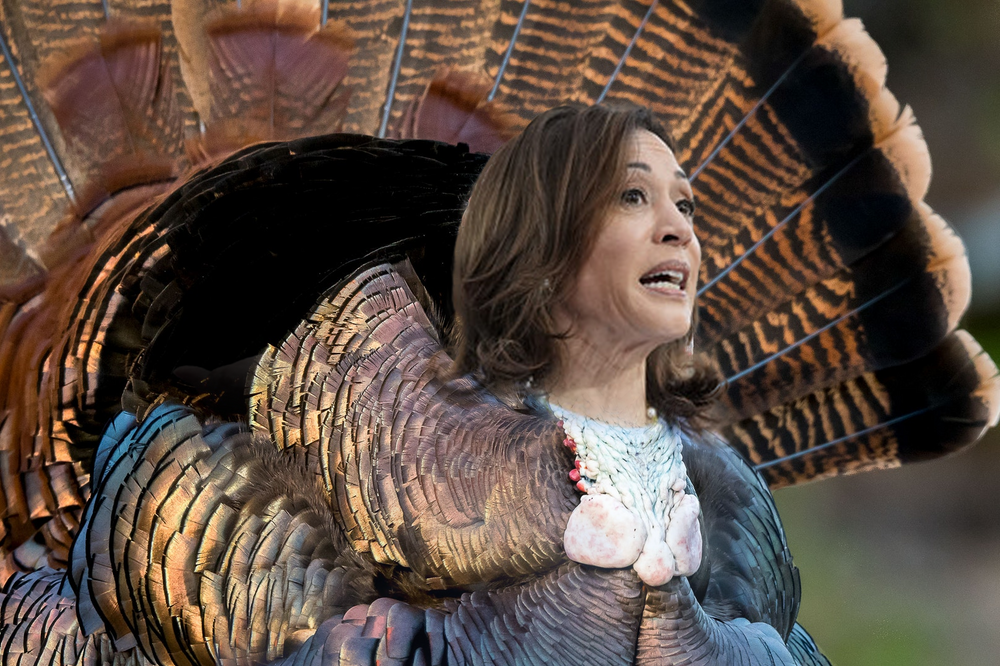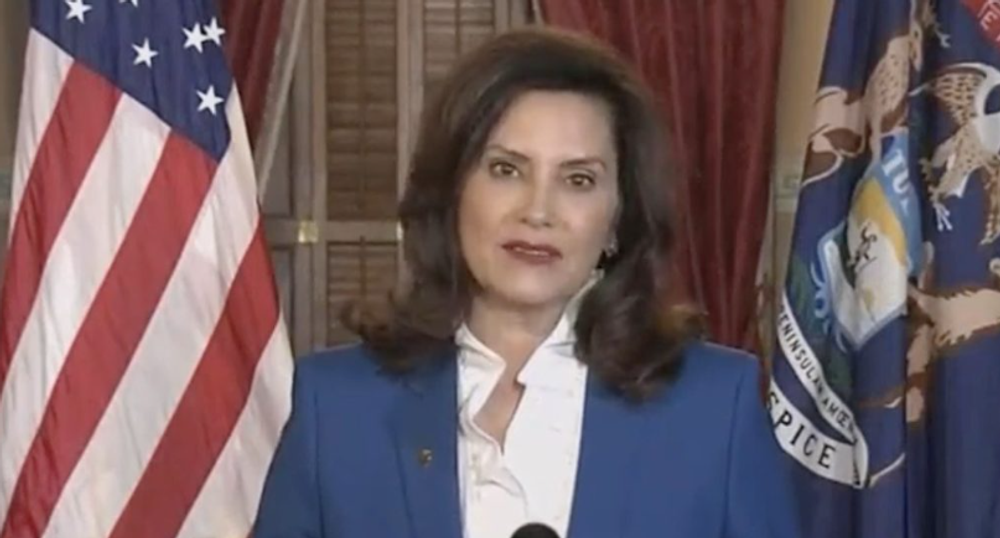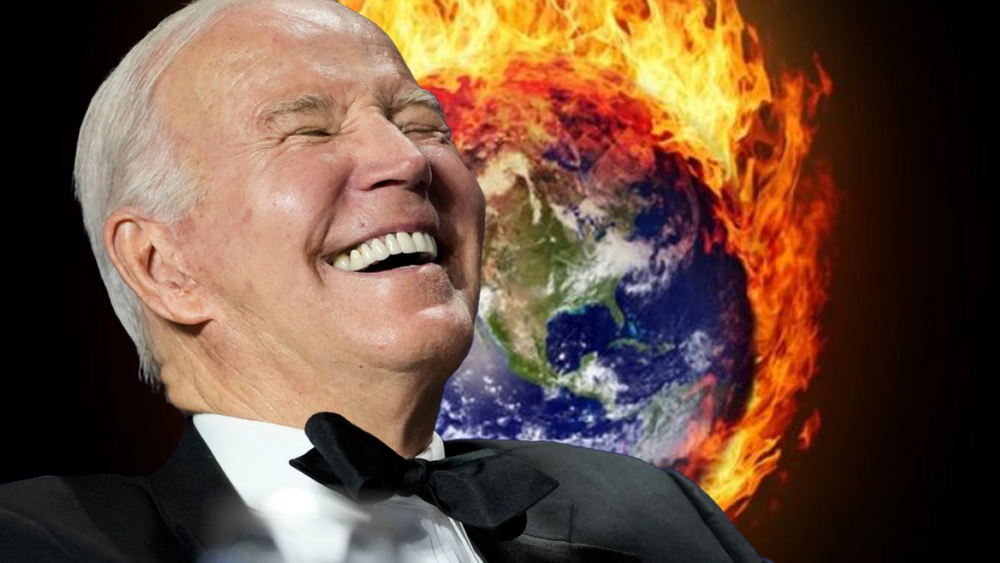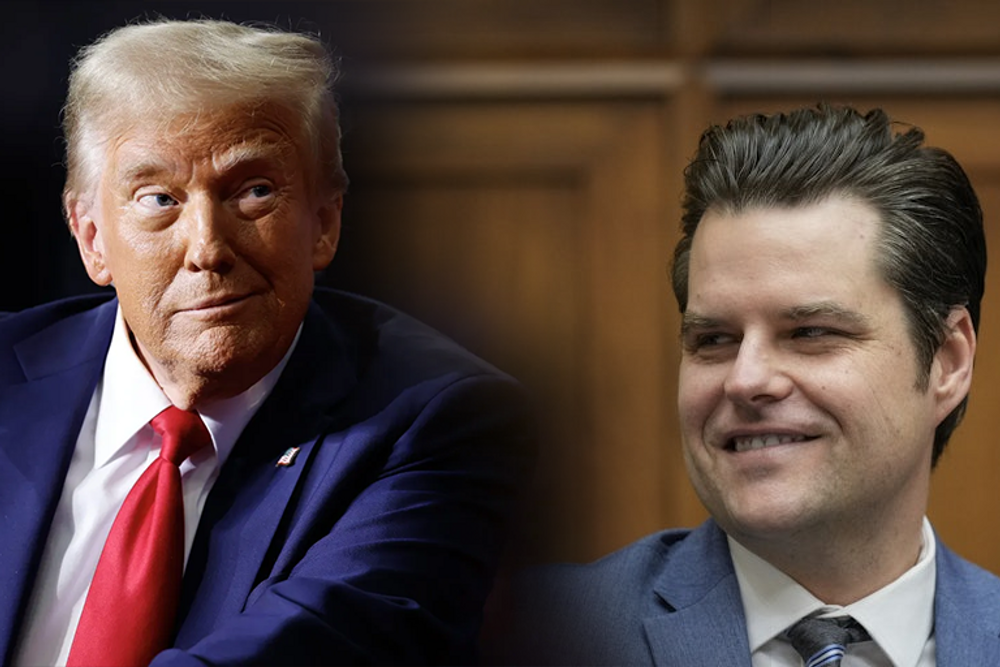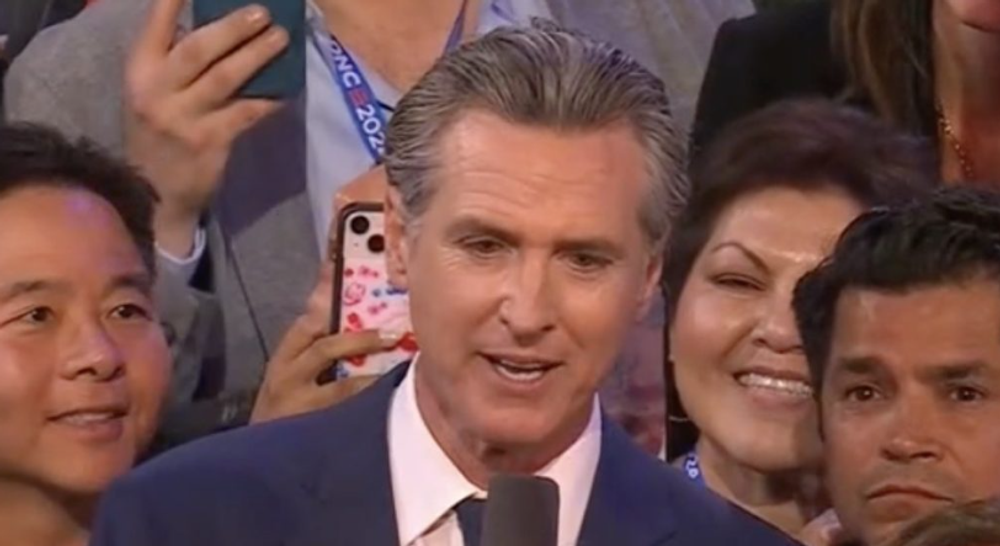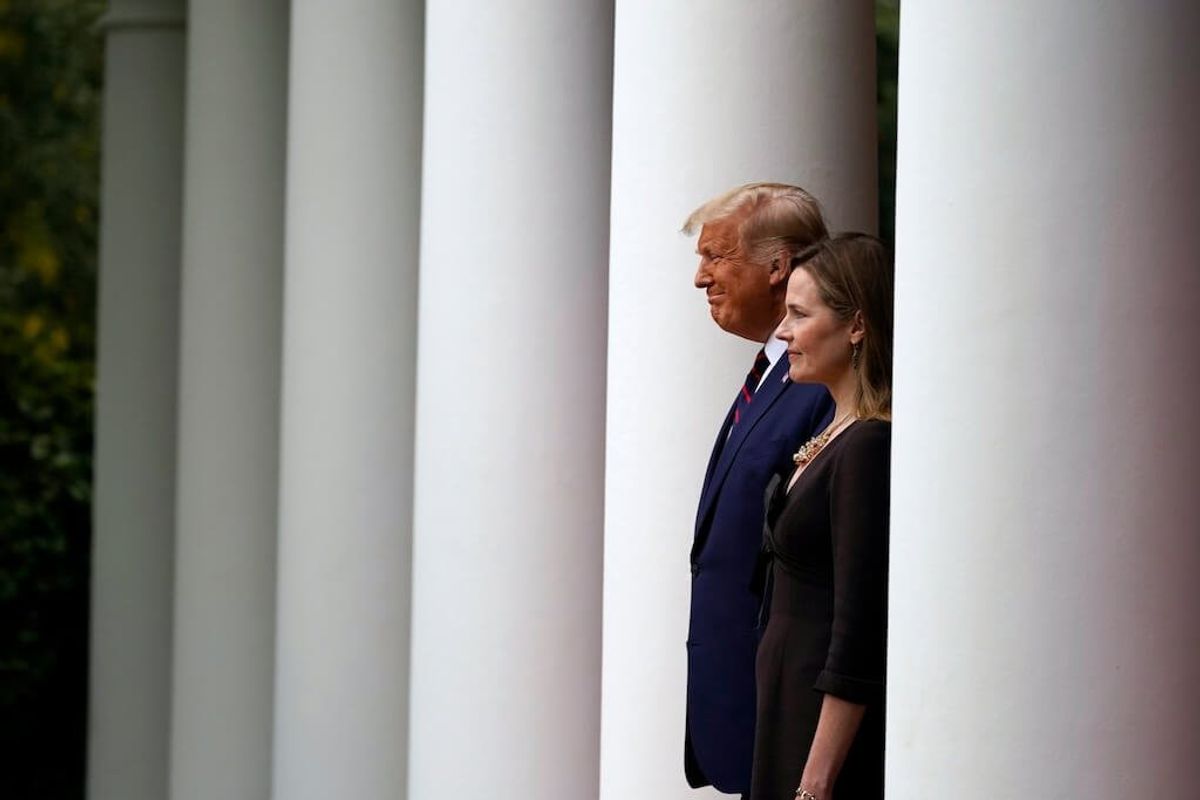
Barrett is a Committed Conservative Jurist, But How Will She Rule on Hot-Button Issues?
By nominating Judge Amy Coney Barrett on Saturday to replace the late liberal U.S. Supreme Court Justice Ruth Bader Ginsburg, President Donald Trump unquestionably has chosen a committed conservative jurist.
In announcing his choice in the White House Rose Garden, Trump described Barrett as “one of our nation’s most brilliant and gifted legal minds,” a woman with sterling credentials and “unyielding loyalty to the Constitution.”
A one-time protégé of Antonin Scalia, the late conservative icon on the high court who opposed abortion and gay marriage, Barrett, more than Trump's two earlier Supreme Court appointments — Neil Gorsuch and Brett Kavanaugh — is expected to push the bench much further to the right by creating a new 6-3 conservative-liberal split.
That much most legal and political expert agree on.
What no one can predict with any certainty is how she’ll vote on hot-button social and economic issues that are likely to come up before the court and determine the rights and freedoms of millions of Americans – including the fate of the Affordable Care Act that currently insures more than 20 million people amid the worst pandemic in over a century.
During her confirmation hearing for a seat on a federal appeals court in 2017, Barrett faced two broad questions — whether she can separate her Catholic faith from her decision-making on the court, and whether she will she accept court precedent on abortion, LGBTQ rights and other issues that might be at odds with her understanding of the Constitution.
Those questions will likely dominate her confirmation hearing, which reportedly could begin as soon as October 12, and shed light on how she might come down on key issues before the high court.
Catholic faith versus jurisprudence
Barrett, 48, is a devout Catholic and the mother of seven children. Her Catholic faith came up during her 2017 confirmation hearing for a seat on the U.S. Court of Appeals for the 7th Circuit. Democrats suggested that her religious beliefs on abortion and same-sex marriage would influence how she votes on those issues on the court.
She sought to reassure the lawmakers that she would not allow her faith to affect her vote on the federal bench. “It’s never appropriate for a judge to impose that judge’s personal convictions, whether they derive from faith or anywhere else, on the law,” she said.
She also said that she would follow all Supreme Court precedents “without fail” and would regard decisions such as Roe v Wade, the landmark ruling that legalized abortions, as binding precedent.
Democrats were not persuaded.
“I can’t tell you how many nominees have been before this panel . . . and virtually all say the same,” Democratic Sen. Sheldon Whitehouse of Rhode Island said. “‘I’m following the precedent, I’m following the law, I’m following the Constitution. Don’t worry a thing about who I am. How I was raised. What my religion is. What my life experience has been. Put it all aside.’ I don’t believe that for a second.”
Today many critics, including Senate Democratic leaders, House Speaker Nancy Pelosi and liberal advocacy groups, harbor similar doubts about her professed impartiality.
“I think her viewpoint would ensure that people who share her ideas about religion would be dominant,” said Caroline Fredrickson, a former president of the left-leaning American Constitution Center who now teaches law at Georgetown University.
Her defenders say Barrett is committed to keeping her religious beliefs and jurisprudence separate.
“There's no doubt that Judge Barrett is conservative,” said Andrew Hessick, a University of North Carolina professor who endorsed Barrett’s appellate nomination in 2017. “I think it's important to separate out the claim that she's conservative and that she is looking to impose her religious views on the world.”
Where she stands on precedent
Precedent, or deference to past court decisions, is a bedrock principle of American jurisprudence. Lower courts are bound by precedents set by the Supreme Court and the high court often upholds its own precedent.
However, the Supreme Court sometimes reverses past decisions, and in her scholarly writings and speeches over the years, Barrett has stressed that stare decisis — the legal principle of following precedent — is not an absolute principle.
“There is a time when cases should be overruled and errors corrected,” she said on a panel at the Federalist Society, a highly influential organization of conservatives and libertarians that advises the Trump White House on judicial nominations.
In a 2013 law journal article, Barret singled out the type of precedents that could potentially be overturned, drawing a distinction between Supreme Court decisions that serve as simple precedent and so-called “super-precedents” – cases that “no justice would overrule.”
Among super precedents, she cited Brown v. Board of Education, the landmark 1954 Supreme Court ruling that ended racial segregation in public schools, but not Roe v. Wade, the 1973 decision that legalized abortion. In 2017, she declined to say whether the 2015 Supreme Court ruling legalizing gay marriage qualified as a “super-precedent.”
That worries LGBTQ rights advocates.
“She is on record as saying that marriage should be between a man and a woman which indicates to us that she is hostile to the Obergefell ruling and could potentially seek to undermine or overturn it,” said Kevin Jennings, president of Lambda Legal, the largest LBGTQ rights legal advocacy organization in the country. He was referring to the 2015 Obergefell v Hodges court ruling recognizing same-sex marriage as a constitutional right.
Hessick said Barrett’s stance on precedent is “a little bit more aggressive” than other jurists’.
“She's written multiple articles saying that there are good reasons to allow litigants to challenge precedent and for courts to reconsider precedent, that It's important to get it right,” Hessick said.
On the other hand, just because a decision is not considered a super-precedent, it doesn’t necessarily mean it will be overturned, Hessick added. “It just means that there's less restriction on overturning it, that judges should be more willing to re-examine it.”
However, while Roe v. Wade is unlikely to be overturned anytime soon despite a fervent campaign by religious groups, Obergefell may be more at risk.
“It's a very important decision, but it's a recent decision,” Hessick said. “And I think that that probably opens the door for some people to think that it's more amenable to a challenge than some of the precedents that have been around for a really long time.”
Another major issue whose outcome Barrett could influence is the Affordable Care Act. On November 10 — a week after the presidential election — the court is set to hear oral arguments in the latest case challenging the program.
As a professor at Notre Dame in 2012, Barrett signed a protest statement denouncing Obamacare, saying a religious exemption from the law’s contraceptive coverage mandate “changes nothing of moral substance and fails to remove the assault on religious liberty.”
Later, Barret criticized a high court decision upholding the law, taking Chief Justice John Roberts to task for construing as a tax Obamacare’s penalty on individuals lacking health insurance coverage.
Ultimately, court watchers say there is no way to know with certainty how she’ll vote on hot-button issues. Justices evolve over time and sometimes break ranks with their ideological cohorts.
Going back to the 1950s, a number of Republican justices have gone on to embrace liberal positions much to the chagrin of many on the right.
“I don't know if anyone could have predicted the way Chief Justice Roberts has been voting or the way Justice [Anthony] Kennedy voted in his later years or go back to Chief Justice [Earl] Warren, who Eisenhower apparently said was his worst decision as president,” said Saikrishna Prakash, a University of Virginia law professor who endorsed Barrett three years ago.
During her three years on the federal bench, Barrett, according to her defenders, has demonstrated her independence as a jurist. While she has ruled in favor of the Trump administration in two immigration cases and backed restrictions on abortion in two other cases, Barrett has also rejected a police officer’s claim of immunity and a Republican Party challenge to the Illinois governor’s coronavirus pandemic economic and social limits.
 How Will Committed Conservative Jurist Barrett Rule on Hot-Button Issues?Next PostTrump Questions Biden’s Debate Performances
How Will Committed Conservative Jurist Barrett Rule on Hot-Button Issues?Next PostTrump Questions Biden’s Debate Performances
